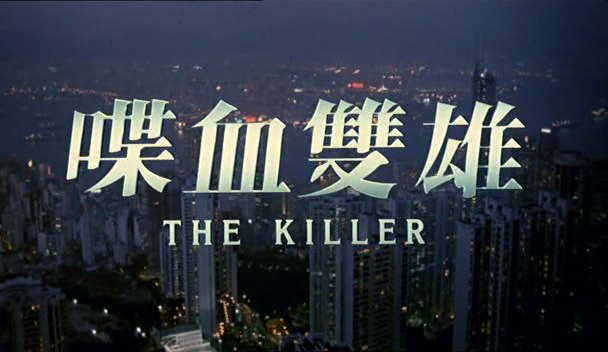
"The Killer" - John Woo's seminal entry into Hong Kong's heroic bloodshed genre - an expansion on the operatic gunplay in 1986's "A Better Tomorrow" - changed the face of action as we know it. The doves, the two Beretta 9mm fired at the same time, the endless bullets erupting through displays of religious iconography as bodies jerk back and pirouette through the air - this was for many their introduction to the tropes of John Woo's unique cinematic vision. Western audiences had seen excessive violence before - the climactic battle in Sam Peckinpah's "The Wild Bunch" would serve as key influence on Woo - but it was the slo-motion ballet, the sheer choreography of the action, coupled with the intensity of the emotion that international audiences had never seen before.
And in the center of this ballet - its Gene Kelly, its Fred Astaire - was the Chow Yun Fat. If "A Better Tomorrow" made him a star - "The Killer" made him a legend. Slicked back hair - Alain Delon sunglasses - creme white suit - the aforementioned two Barettas - the grace of Baryshnikov - the intensity of Brando - Chow Yun Fat as Ah Johg brought the goods.
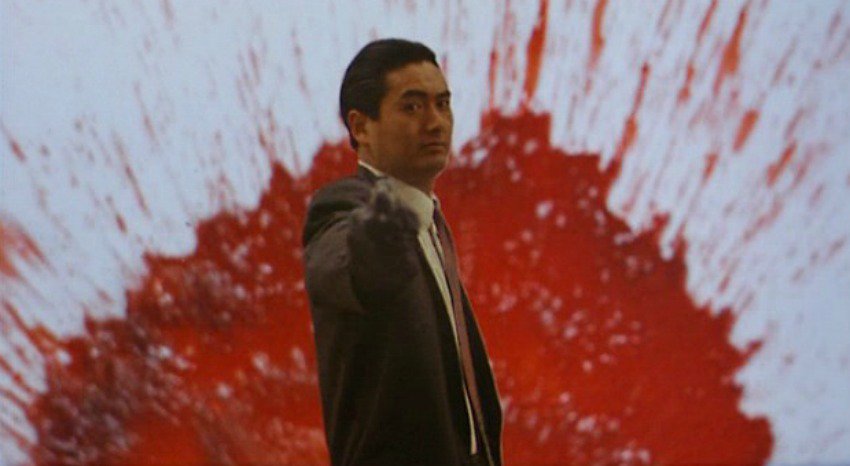
The story was unabashed melodrama - a rewrite of Douglas Sirk's "Magnificent Obsession" an assassin (Chow) accidentally blinds a singer Jennie (Sally Yeh) and plans to pull one last job to restore her eyesight. He is pursued by Detective Li (Danny Lee), who senses the goodness within Jong - as cop and criminal share the same old-fashioned notions of honor. The feeling between the three leads is the engine which makes you fear for their safety as Jong and Li mow down waves of mutual enemies leading up the climactic church shootout - an action event with enough Catholic imagery and blood-betting that no doubt made Martin Scorese blush upon first perusal.
While Woo and Chow Yun Fat would later bring their collaboration to the perhaps the finest hour 1992's "Hard Boiled" - it was "The Killer" that broke the mold and made film history.
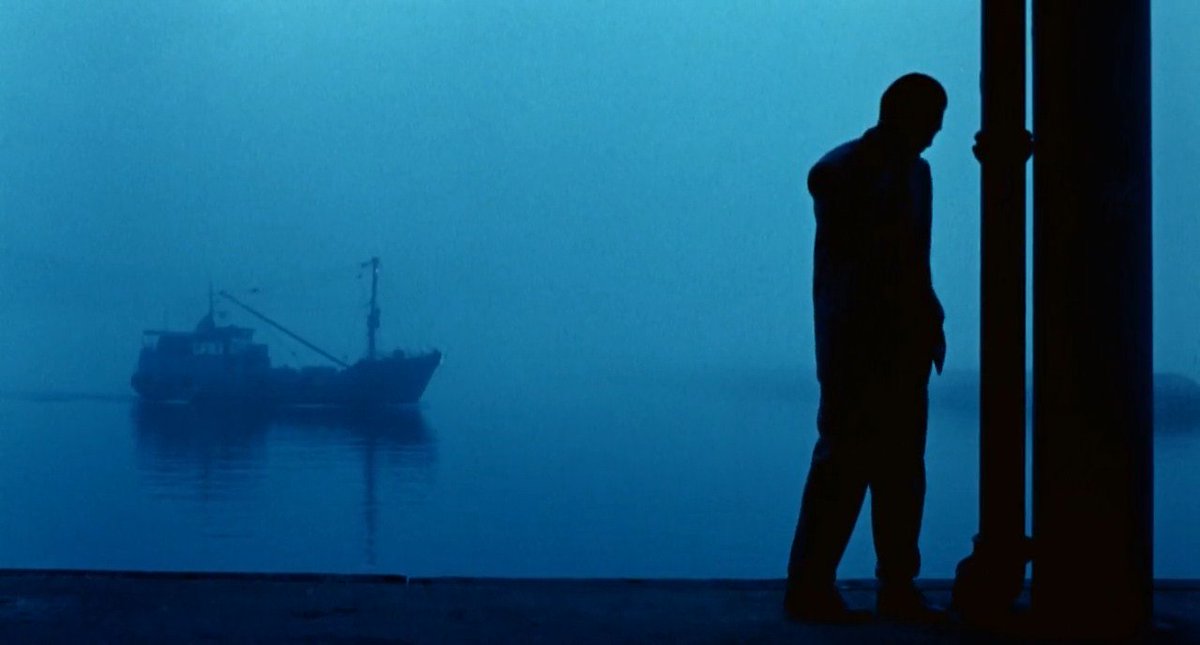

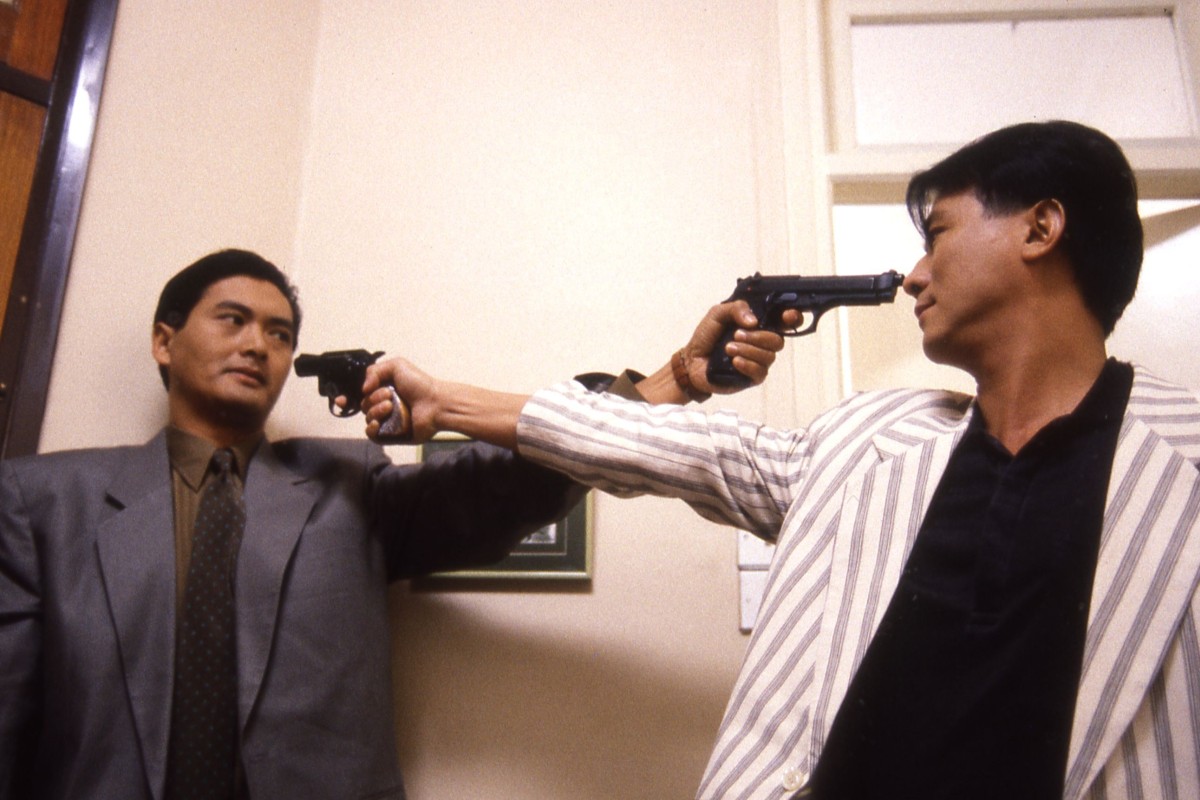


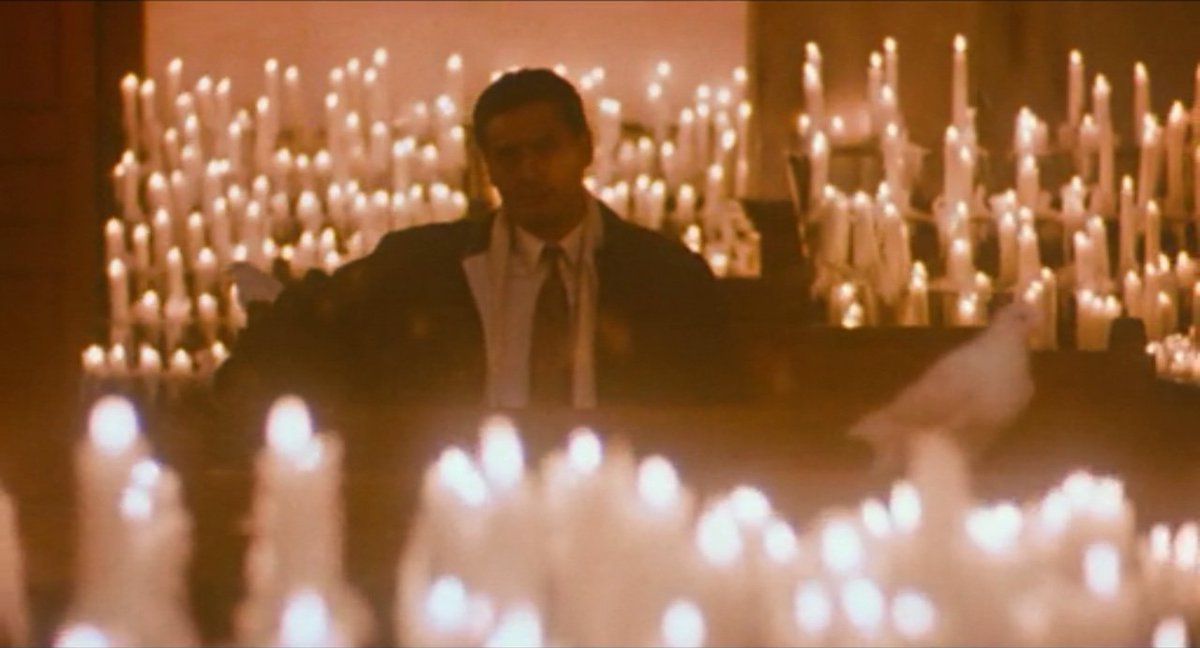

No comments:
Post a Comment